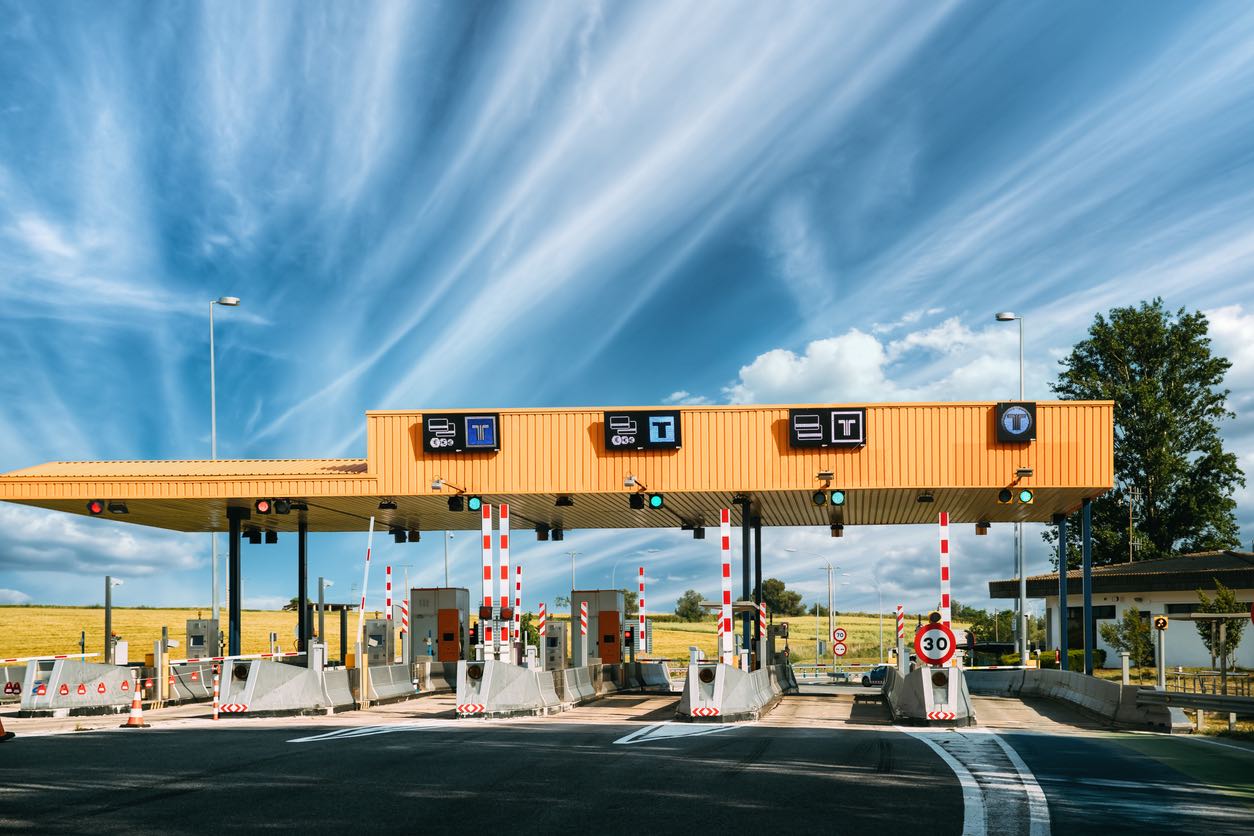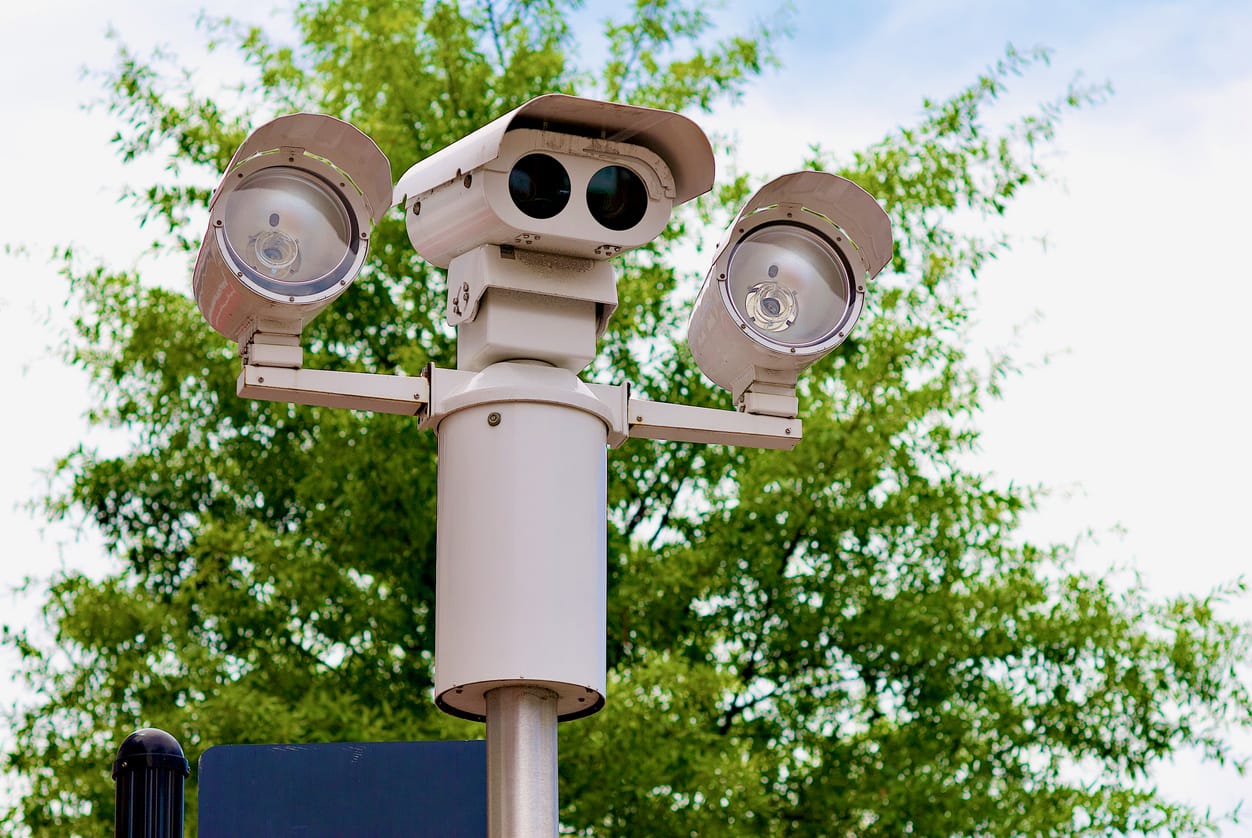Without a doubt, EVs are the way of the future for transportation. An unparalleled pace of acceleration is being seen in the shift from gasoline-powered cars to electric vehicles (EVs), thanks to breakthroughs in battery technology, longer driving ranges, and more environmental concern. That being said, a number of difficulties accompany this increase, especially with regard to funding infrastructure. The topic of how these environmentally friendly vehicles should improve the same roads they drive becomes crucial as they smoothly go down the highways.
Since the federal Highway Trust Fund was established during a time when fossil fuels dominated society, it has been supported in part by gasoline and diesel tax income. However, as electric vehicles (EVs), which are free from these taxes, proliferate, a growing financial divide is endangering the upkeep and sustainability of our nation’s roadways. Senators have suggested the “Stop EV Freeloading Act” to address this imbalance, which has sparked a national conversation about contributions, justice, and the constantly changing transportation landscape. In-depth analysis of the proposal’s supporting elements, ramifications, and overall context are provided in this article. Accompany us on our journey towards a fairer transportation future.
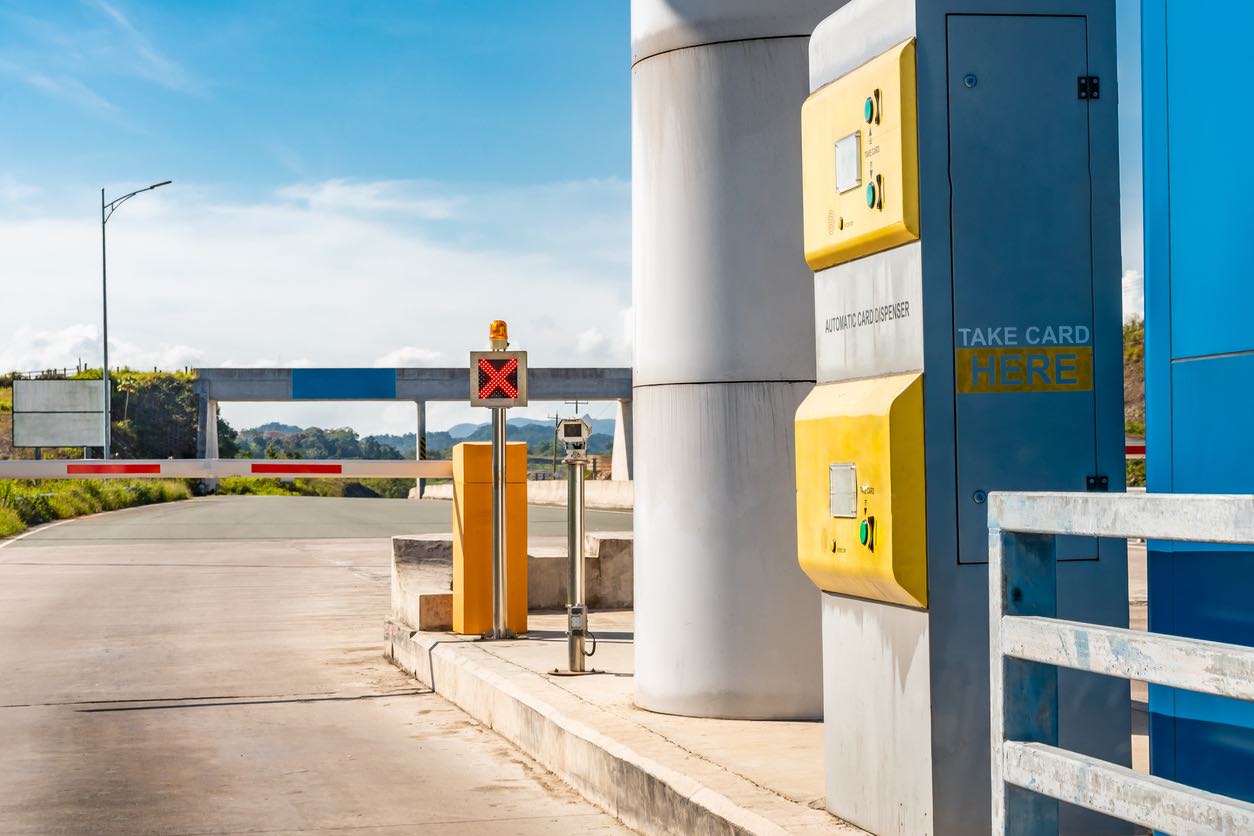
The advent of electric vehicles has brought with it a new challenge: making sure all vehicles, electric or otherwise, contribute fairly to the upkeep and advancement of the country’s infrastructure. A recent U.S. Senate proposal that aims to remedy the alleged discrepancy in payments to the Highway Trust Fund is at the center of this discussion. Explore the details of this plan and gain insight into the viewpoints of the senators who are spearheading this effort.
The “Stop EV Freeloading Act”: Presented with a touch of candor, the “Stop EV Freeloading Act” is Senator Deb Fischer’s bold move to level the playing field. This bill, which is presently being considered by the Senate, aims to close the current loophole that permits electric vehicles to evade making payments to the vital federal Highway Trust Fund. Since gasoline and diesel taxes serve as a major source of revenue, the legislation promotes the idea that all vehicles, regardless of power source, should contribute to maintaining the country’s roadways.
Senator Fischer’s Perspective: It is evident what Senator Fischer believes in: fairness. She emphasizes the idea that traditional car owners shouldn’t unintentionally bear the brunt of infrastructure upkeep due to the increasing popularity of EVs. Fischer contends that if the Biden administration is sincere about advancing the electric vehicle movement, it also has to plan ahead to make sure these cars contribute to the maintenance of the very infrastructure they depend on on a daily basis.
Gaining Momentum with Co-Sponsorship: It’s not a solitary endeavor. A strong trio of Republican senators, Pete Ricketts of Nebraska, John Cornyn of Texas, and Cynthia Lummis of Wyoming, have endorsed the idea, highlighting its importance. Their combined support reflects the rising belief that, even while EVs represent a step toward a cleaner future, they still have fiscal responsibilities to the country’s roadways.
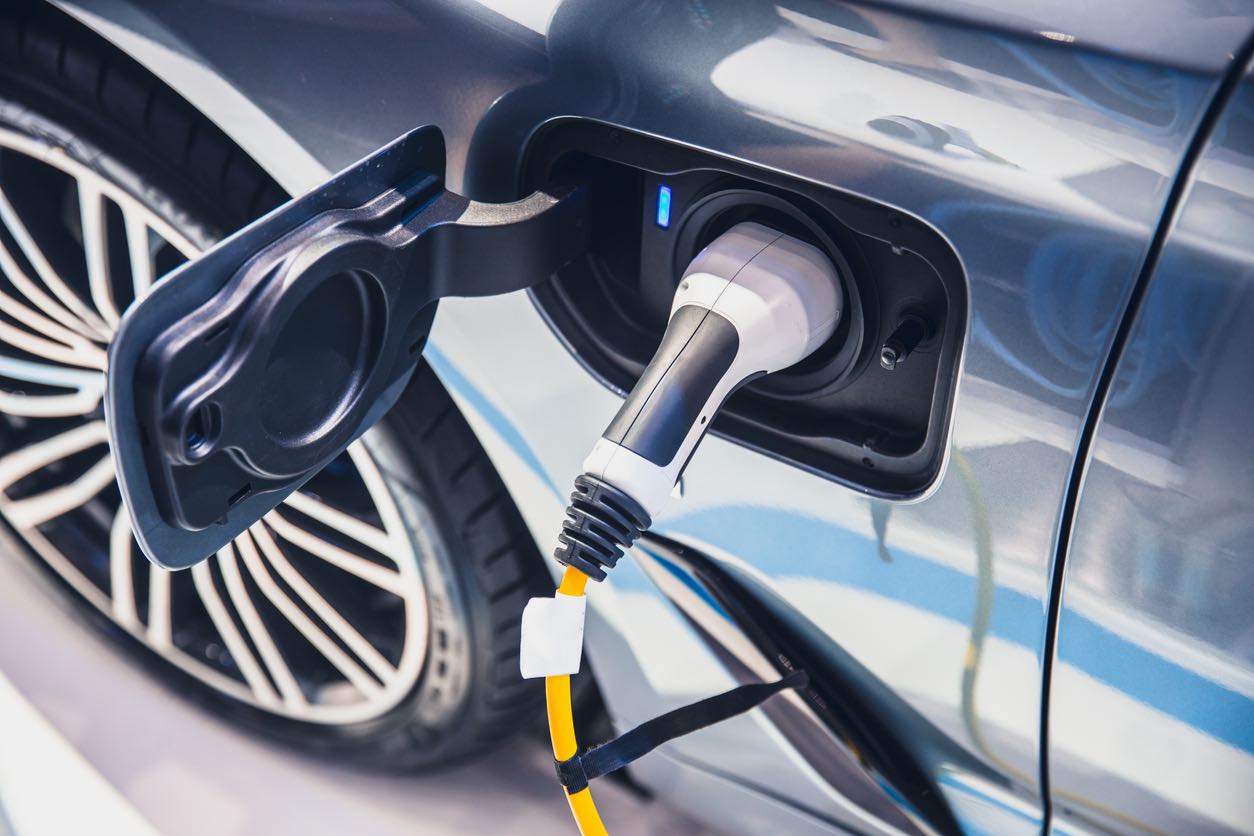
The roads that electric vehicles drive on have become a central topic of discussion in the country as the green movement picks up steam. Should these zero-emission vehicles pay for their wear and tear on our highways, just as their fossil fuel counterparts do? Here, we examine the recently suggested electric car charge structure, going into great detail about its inner workings, justification, and current standing.
Driving Off the Lot with an Additional Fee: When purchasing an enticing new electric vehicle, your enthusiasm might slightly wane with the implementation of the “Stop EV Freeloading Act”. Senators propose imposing a $1,000 one-time levy on EV purchasers at the time of purchase. This tax emphasizes that EV drivers must contribute from beginning by making an initial contribution to the federal Highway Trust Fund.
Behind the Charge – The Rationale: It’s not simply an impulsive decision to charge electric vehicle owners. A balanced strategy is necessary to meet the government’s ambition for a greener transportation landscape. In the event that electric cars are to become widely used, and as the government is actively promoting their adoption, it becomes imperative that these vehicles also contribute to the upkeep of the infrastructure they rely on. They use the roadways just as much as any other conventional car, after all.
Awaiting Green Light – Where the Proposal Stands Now: Although the concept of this charge is becoming more popular, more research has to be done on the proposal itself. It is now sitting on a jurisdiction committee’s desk, awaiting analysis and discussion. In light of the larger picture, it’s important to take note of an additional policy, a massive $1.2 trillion infrastructure bill from 2021. This law emphasizes the government’s determination to support the electric vehicle (EV) industry and emphasizes how crucial it is to match infrastructure investment with the development of the market.
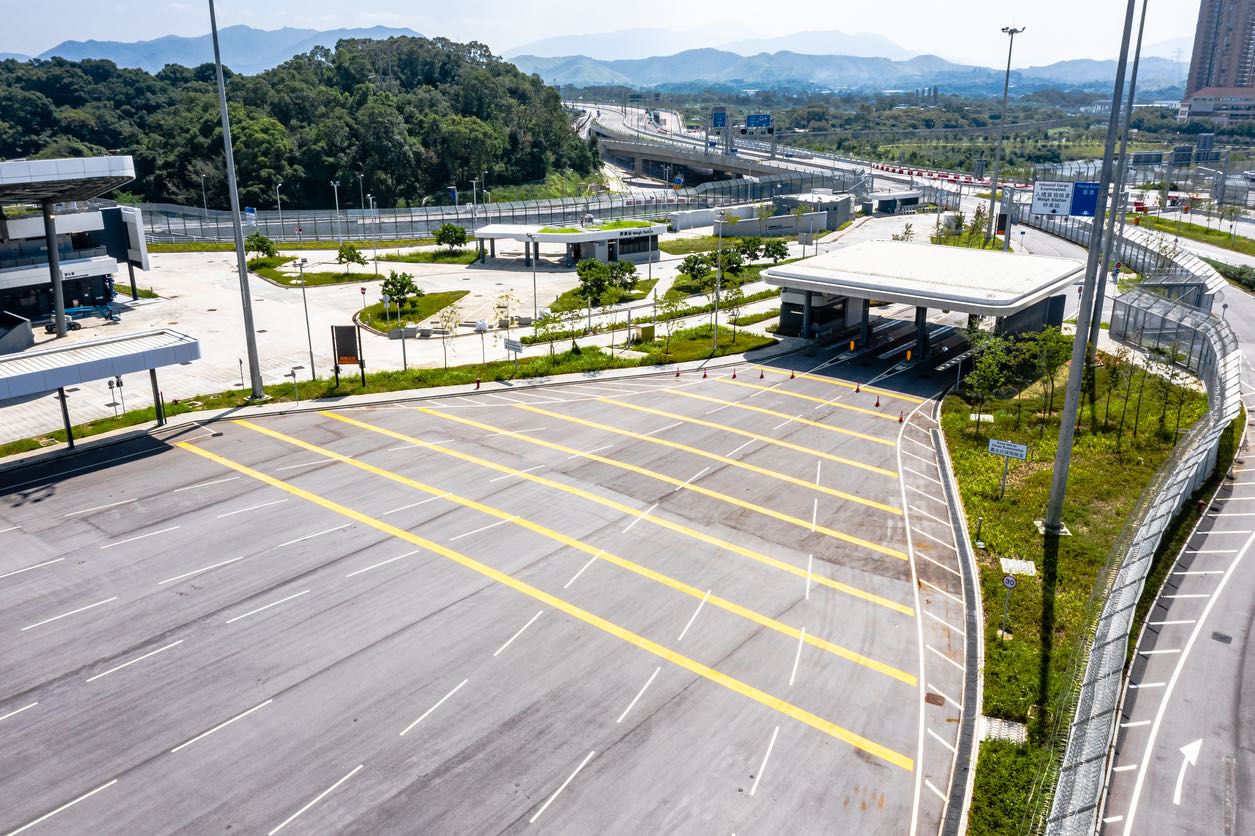
Within the dynamic and always changing transportation industry, choices have an impact on many stakeholders, industries, and communities. That is also the case with the plan to allow electric cars (EVs) to make contributions to the Highway Trust Fund. Prominent business associations have taken the time to discuss this important piece of legislation and highlight its significance for the future of American infrastructure.
American Road and Transportation Builders Association (ARTBA): David Bauer, who is the president and CEO of ARTBA, explores the ethical implications of using infrastructure. He is a strong proponent of the symbiotic connection, according to which individuals who profit from a system need to actively contribute to its continued existence. In light of this idea, Bauer applauds Senator Fischer’s proposal and sees it as a valiant step in the direction of reviving the long-standing custom of equal transportation funding. According to him, this is a paradigm change that may rebalance the benefits and responsibilities.
American Society of Civil Engineers (ASCE): Tom Smith, the pivotal figure spearheading the ASCE as its executive director, casts a visionary glance towards a future dominated by sustainable energy solutions and a proliferating EV market. He emphasizes how crucial it is to protect the Highway Trust Fund with this green transformation. Smith interprets the measure as more than just legislation. He sees a well-planned approach that builds a bridge between the goals of the future and the reality of the present. Praising the measure, he comments on its wisdom and exhorts each member of the transportation community to contribute to maintaining the network’s ongoing existence and growth.
The bill’s significance is increased by the broad support it has received from significant infrastructure players, and it also creates the opportunity for a more open and knowledgeable dialogue about future directions. Their support is evidence of the bill’s ability to deal with the many issues raised by the expanding EV market.
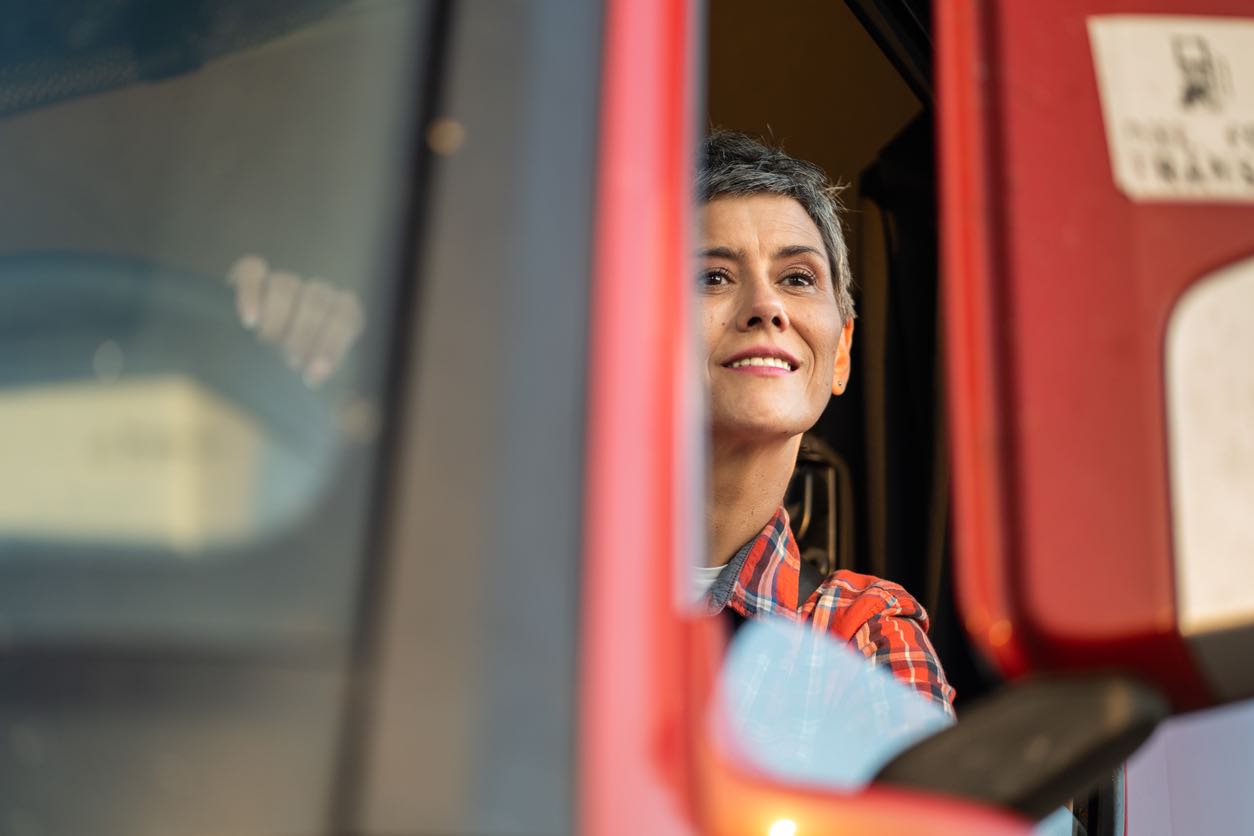
The infrastructure of the United States is at a crossroads. With the aging of our roads and bridges and the changing automotive scene brought about by electric vehicles, the Highway Trust Fund—the main source of funding for these infrastructures—is facing financial duress. The Fund, which has historically been financed by taxes on diesel and gasoline, is currently facing serious financial difficulties due to the growth of cars that don’t pay through traditional fuel taxes and stagnant rates from previous decades.
Gas and Diesel Tax Revenue: A fiscal framework was established in 1993 with the imposition of certain gas and diesel tax rates. These taxes, which were intended to provide significant contributions to the Highway Trust Fund, were set at 18.4 cents per gallon for gas and 24.4 cents per gallon for diesel. The revolutionary trend toward fuel economy and non-fossil fuel cars, which results in less fuel purchases and smaller tax revenues, was not, however, properly taken into account. Revenues as a result are no longer in line with the rising costs of roadway upkeep and upgrades.
The Ageing Rates: The main issue is that these rates are stagnant. These tariffs haven’t altered since they were first introduced in 1993; they don’t take into consideration rising building costs, inflation, or changes in the vehicle landscape. The fixed cents-per-gallon rate creates a decreasing real value over time due to the declining purchase power of a dollar, which causes a growing deficit in the funding required for the maintenance of the country’s roadways.
Impact on the Highway Trust Fund: The ongoing lack of revenue has a direct effect on the Highway Trust Fund’s capacity to fund development and long-term maintenance initiatives. This fund is intended to help states make sure that roads continue to be effective and safe for all users. However, the fund’s main source of funding is failing, which puts its long-term viability and efficacy in peril and might result in deteriorating road conditions and lowered safety standards.
The Rise of Electric Vehicles: Electric vehicles (EVs) are gaining market share at a rapid pace due to the worldwide push towards sustainability. Although this is a positive step for the environment, EVs now avoid the conventional gasoline tax system, which makes the Highway Trust Fund’s financial situation much worse. It becomes essential to rethink the income model to incorporate EVs if the fund is to continue being sustainable and successful.
In basic terms, as we move forward into a greener, more technologically advanced transportation future, our financial systems have to adapt in tandem to ensure our infrastructures remain robust and ready for the challenges ahead.

The development of electric cars is a positive step in the direction of a greener future. Nevertheless, the shifting vehicular landscape also highlights major loopholes in the infrastructure funding system. There has been a lot of discussion about the proposed measure that aims to address this imbalance, highlighting the urgent need to review and revamp our funding strategies. Achieving a sustainable roadmap that prioritizes both environmental benefits and robust infrastructure is crucial, and owners of electric vehicles must properly pay to the infrastructure that supports them.
In the midst of these transformative times, Ship A Car, Inc. stands tall as the premier choice for electric vehicle shipping needs across the United States. It’s crucial to have a trustworthy shipping partner whether you’re moving or just bought a new electric vehicle. With an impressive track record bolstered by an A+ rating from the BBB, Ship A Car, Inc. guarantees seamless, secure, and efficient EV transport. We make sure your beloved electric car gets to its new location, whether it’s in a quiet neighborhood, a busy city center, or even the stunning landscapes of Hawaii and Alaska, thanks to our extensive network of carefully chosen carriers. Why wait? Jump into the future with confidence by getting an instant quote with our online car shipping cost calculator and let Ship A Car, Inc. be your trusted bridge to your EV’s next destination.
Q1: What is the proposed one-time fee for EVs according to the Stop EV Freeloading Act?
Answer: The proposal suggests a one-time fee of $1,000 on EVs at the point of sale.
Q2: Why is there a need to introduce a fee for EVs?
Answer: The goal is to make certain that electric cars also make a contribution to the upkeep and preservation of the country’s infrastructure.
Q3: How does Ship A Car, Inc. stand out in EV shipping?
Answer: Ship A Car, Inc. has earned an A+ rating from the Better Business Bureau (BBB) and boasts a wide network of screened carriers, which allows them to provide superior electric vehicle transportation service across the United States.
